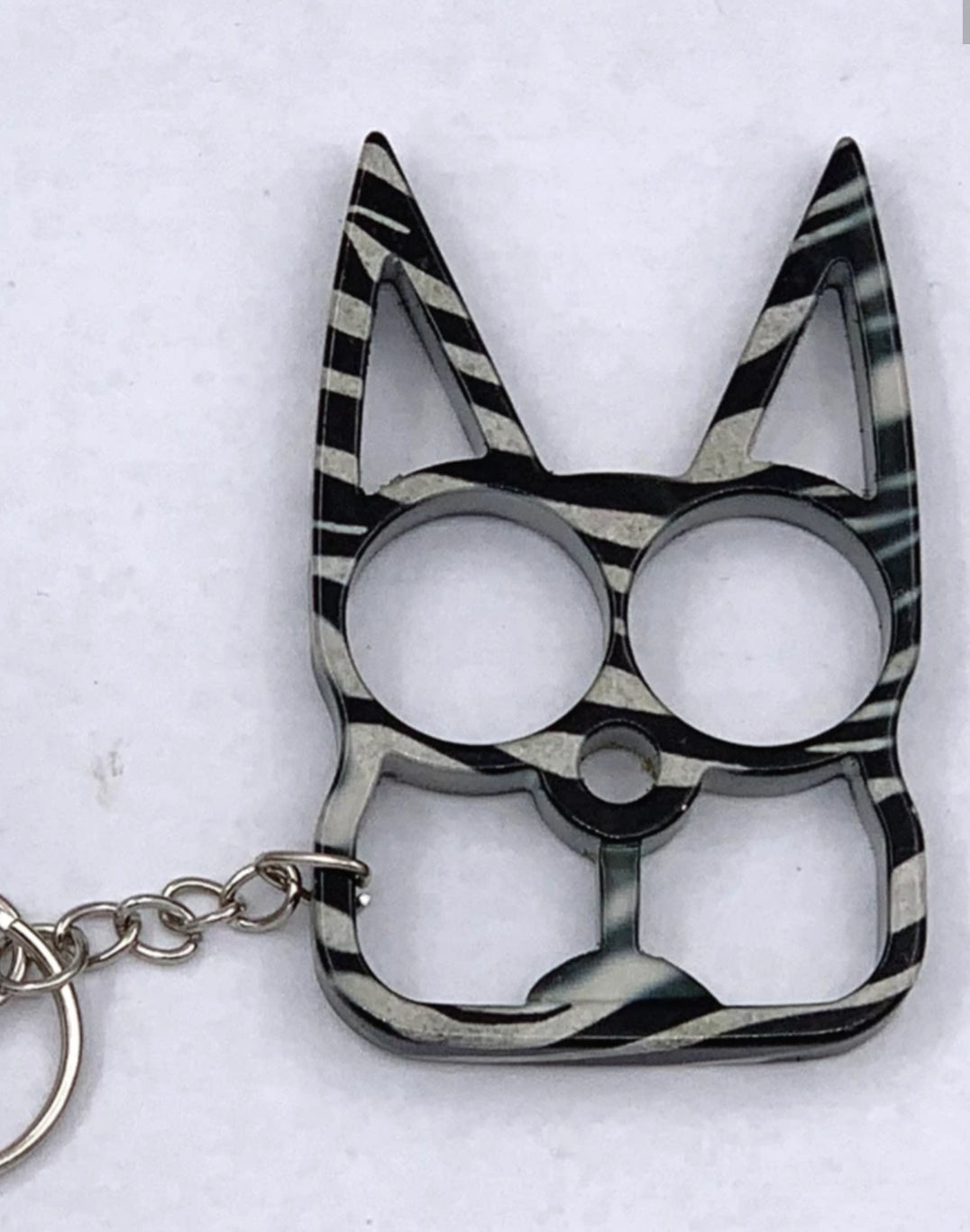
There are many other non-lethal weapons that you can use for self defense. Examples include nightsticks and tactics whips. They all work well to disarm an attacker. ASP batons are useful too, but can be fatal in certain cases. Find out how to use each of these options for your protection. There is no one right or wrong way to use these options, so it is important to do your research and find the best option for your particular needs.
Tasers
Tasers can be used as non-lethal self defense weapons by properly trained officers. These devices can fire multiple shocks at once, usually in bursts of five second intervals. Operators can extend the charge and keep firing even after the initial burst of five seconds. Operators must make sure that the barbs are attached so the shocks can continue for approximately five seconds. A Taser can last approximately ten minutes.

Nightsticks
These devices may appear cheap and easy to use, but they will not protect you. There are many non-lethal options for self defense weapons. These include stun guns and batons as well nightsticks. Regardless of which type you choose, it is important to learn how to use them properly and become familiar with their uses.
Tactic whips
A tactical whip refers to a rope with a weighted tip. The impact of the whip striking an attacker can cause serious injury if it is thrown. This weapon is extremely effective and does not require any training. Self-defense whips can be used by any person. A similar weapon is the monkey's fist. The whip is a good choice if the attacker is not strong or wants to avoid serious injury.
Expandable batons
Batons are great self-defense weapons that are less lethal and can be carried around easily. Expandable batons have a psychological impact on attackers and are legal in most jurisdictions. Expandable batons might not be allowed for civilian use, depending on where you live. If you do have questions about the legality of expandable batons, contact local law enforcement.

Cat's ears
Non-lethal self defense is possible with a keychain made from a cat's ear. Cat's ears can be used for striking at an attacker's neck and/or face. Cat ears also penetrate the skin to cause major physical pain. These weapons are available in various styles and materials. In addition, a cat ear can be used to defend itself against a large-sized ax or hammer.
FAQ
What is the best place to practice self-defense?
Self-defense should be practiced in your own backyard. But if you don’t have the space to practice, you can always go elsewhere.
You could practice anywhere, such as in a empty parking lot, in a car park, or even your living room. Keep your eyes open and be aware of what's around you.
You shouldn't practice alone. This can be dangerous. Always practice alongside a partner.
Can I get arrested for using my stun gun?
No. Stun guns have been deemed "less lethal" weapons. Less lethal means they cannot cause serious injury.
But, even if you hit someone accidentally with your stungun, you can still face criminal charges
How much does a stun gun cost?
A stun gun ranges in price from $20-$100, depending on the model.
Two batteries are required for most models. The batteries can last for approximately three months.
Statistics
- Most likely, the person will want some kind of boxing match, so if you can out-box them, this would be 100% ideal for survival. (budodragon.com)
- Verbal harassment was the most common form, but 51 percent of women said they were touched or groped in an unwelcome way, while 27 percent of women survived sexual assault. (healthline.com)
- Most likely, you'll get tapped out by 90% of the people in your first 3-5 months. (mmaclan.com)
- Some people walk into a gym thinking they are going to become the best by training whenever they like and not putting 100% effort in. (budodragon.com)
External Links
How To
How to Survive a Home Invasion
Home invasion is terrifying, especially when you have kids. We didn't know we would have to go through this ourselves when we started our home security system installation journey. Here's our experience so far.
-
You must not allow your kids to see the attackers. Two men broke into our home upstairs while our kids were sleeping. We took them downstairs until they arrived at the police station. Although our children weren't injured, they were traumatized enough.
-
Lock All Valuables. The safe is located in our bedroom. We keep all valuables locked up. Even if someone broke into the house, they won’t have access to it.
-
Keep An Eye Out For Burglars. Our neighborhood is known for its high number of burglaries. We always keep an eye out for suspicious vehicles and people.
-
Always have a backup plan. Our family will be financially taken care of financially if anything happens. We also have a plan in place to leave the country if necessary.
-
Always be prepared Prepare for anything. You should always have water and food on hand.
-
Get help immediately by calling 911. Call 911 immediately if you suspect that someone has broken into the house. It is better to call 911 immediately than wait for the authorities to come to your house.
-
Use common sense. Don't let anyone inside who doesn't belong there. Also, don't invite strangers to come over.
-
Seek out help from neighbors and other people in the local area. If you feel unsafe call neighbors and friends. They can help you watch your back while you call the police.
-
Keep Calm and Do What Police Officers Tell You To. Keep calm and follow the instructions of officers. Do not flee or resist arrest
-
Photograph Any Evidence. Any evidence discovered during the investigation should be taken pictures. This includes blood samples and fingerprints.
-
Local Law Enforcement. No one was hurt, but you can still file a report to local law enforcement. You may be able to prevent other crimes.
-
Get in touch with your insurance company immediately. You should immediately contact your insurance company. Inform your insurance company about the events and request an adjuster to visit to assess the damage.
-
Remove Personal Belongings. Be sure to get rid of personal belongings before you leave. If you're wearing expensive jewelry, take it off and put it somewhere safe.
-
Make sure you take care of yourself. Take care of yourself. Make sure you empty the trash, clean up any broken glass, and lock all doors.
-
Talk about What happened. Talk about what happened. You never know who may try to use this information against or against you.